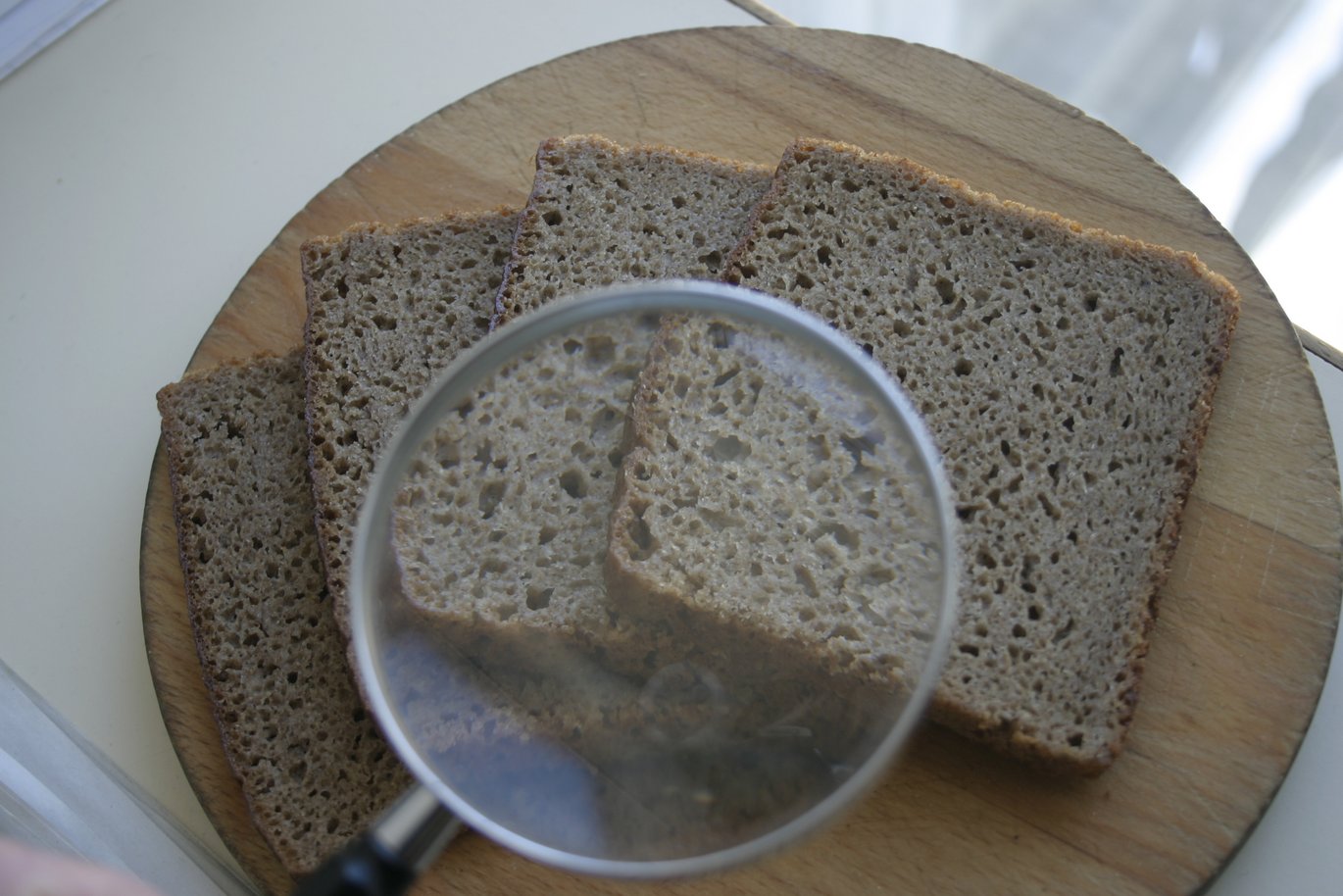Fibrous foods investigated for effects on cancer, diabetes and heart disease
Researchers at Aarhus University are taking part in a project which will investigate whether foods can improve survivability of people with cancer, heart disease and type 2 diabetes.

There may be hope out there for people with cancer, heart disease or type 2 diabetes. Four studies have brought attention to lignans, which are plant components found in fibre-rich foods, wholegrain rye in particular.
Recent published studies indicate that a high level of enterolignans in the blood of women with breast cancer can lead to better survival rates. Furthermore studies indicate that there may be a similar beneficial effect for patients suffering from other forms of cancer and possibly heart diseases and type 2 diabetes.
Researchers at Aarhus University are participating in the research project ”Elin: The effects of enterolignans in chronic disease” under the leadership of the Danish Cancer Society, which will investigate whether enterolignan concentrations in the blood are related to the survival of people with breast, colorectal or prostate cancer as well as diagnosed heart disease or type 2 diabetes.
The published studies so far, however, are described as insufficient due to low statistical power. Thus the ELIN project intends to lay the foundation for large population studies.
Researchers thus hope to document a connection between a high enterolignan concentration and higher survivability rates. Additionally they also intend to work with the development of new innovative foods:
- We are aiming towards the development of foods with an extra high content of lignans. We will then test the eating quality of these foods and also establish if they are able to affect both the lignan concentration in the blood and the biomarkers of importance for the development of the diseases, explains professor Knud Erik Bach Knudsen from Aarhus University.
The studies will be carried out in intervention studies both with humans and pigs.
The ELIN project has received 13.8 million Danish kroner from the Danish Council for Strategic Research, Programme Commission for Health, Food and Welfare. The project starts on the 1 July 2013 and will last four years. The researchers hope that the project will create the basis for the recommendations of foods specifically tailored to the many Danes living with cancer, heart disease or type 2 diabetes.
Collaborating in the project are the Department of Food Science, the Swedish University of Agricultural Science and the research and development department at Lantmännen.
Further information: Professor Knud Erik Bach Knudsen, Department of Animal Science, telephone: +45 8715 8063, mobile: +45 2064 7598, email: knuderik.bachknudsen@agrsci.dk
